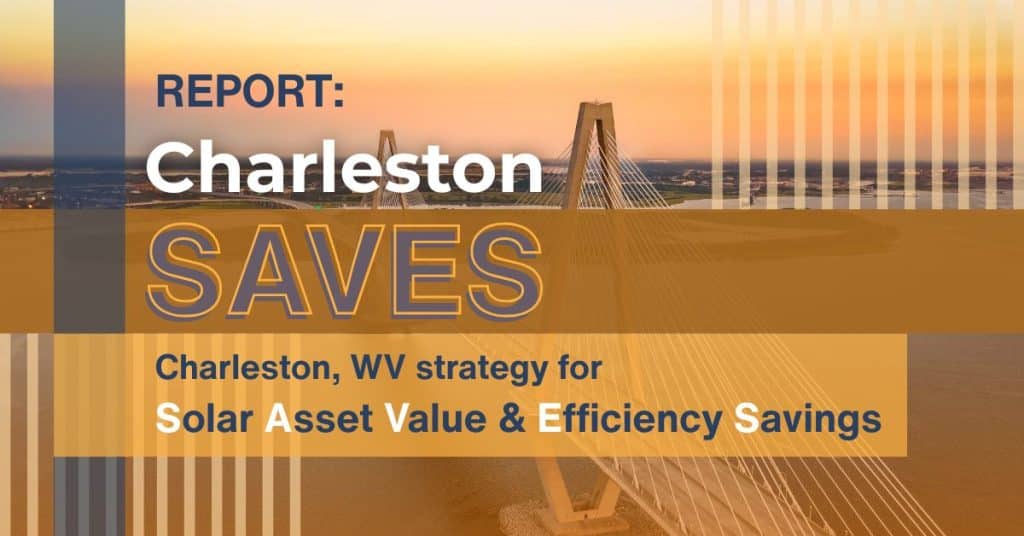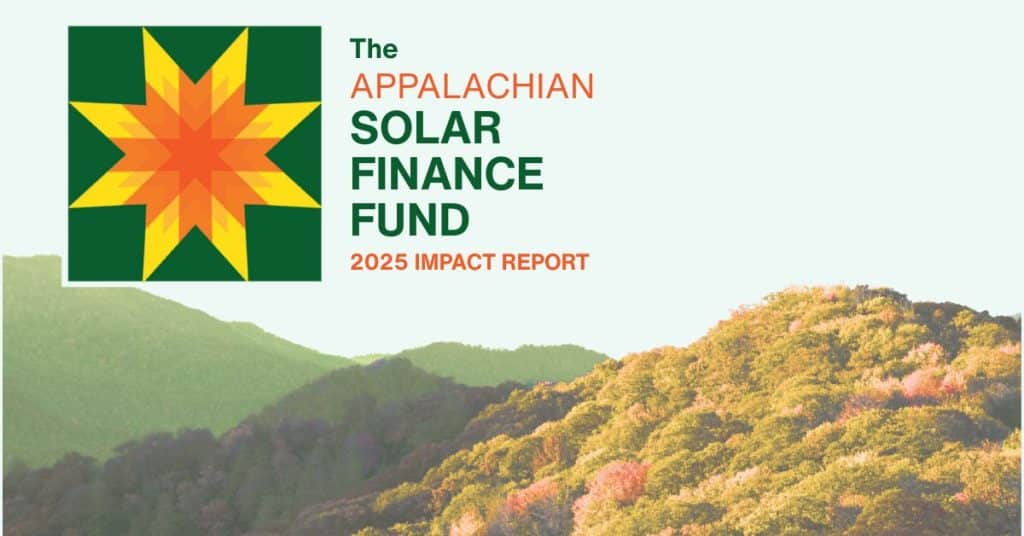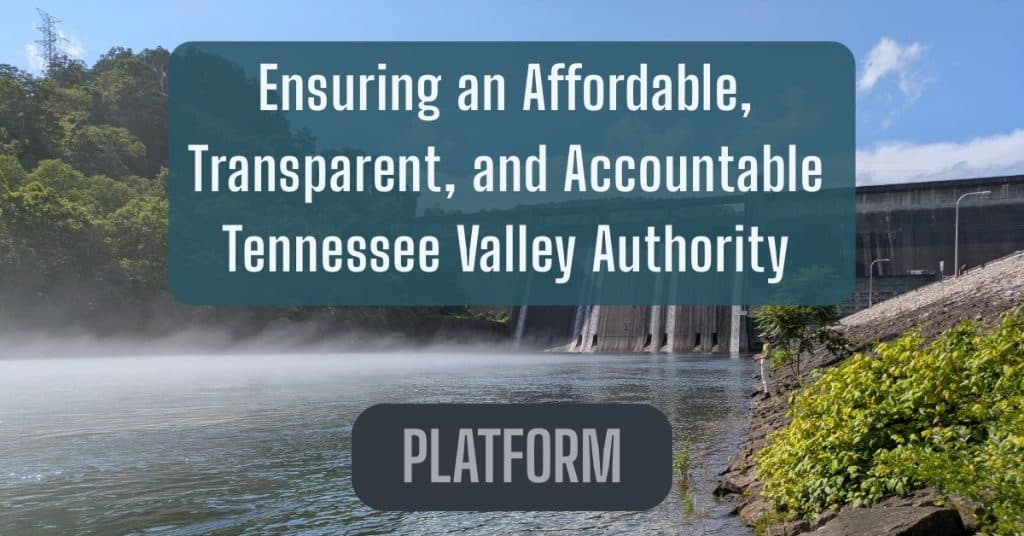REPORT
Modeling a Just Transition in Virginia’s Coalfields
This report describes Southwest Virginia coalfield leaders’ perspectives on new energy technologies in their communities and details best practices for community engagement for energy projects. The report shares the results from a community survey conducted in partnership with the Appalachian Center for Civic Life at Emory and Henry College, which asked a range of local government leaders about their views on locating different low-carbon energy technologies in their communities.
Appalachian Voices developed this report to both share the survey findings with local residents and to detail the paths that are available to local communities during their energy transition. This is especially important now as Southwest Virginia is under consideration for siting of experimental small modular nuclear reactors, known as SMRs, and as opportunities for expanding renewable energy continue to grow because of new federal investments. The survey serves as a model for energy developers and economic development agencies to use to receive community feedback.
This report also describes other best practices for participatory community engagement, including community benefit agreements. These are legal agreements between developers, local groups, and stakeholders that lay out the benefits owed to the community that will host a project, and are an emerging tool for energy communities to utilize with project developers. The report concludes by spotlighting the Solar Workgroup of Southwest Virginia as an example of how a diverse group of stakeholders have successfully built community engagement, formed an action plan and established innovative financing while keeping residents and workers at the core of building a new solar industry.




